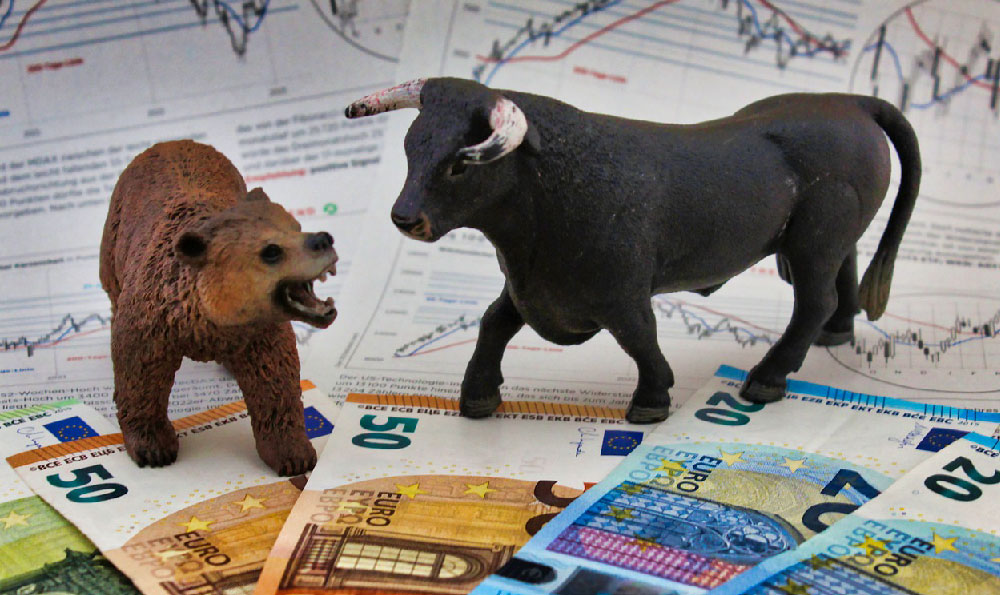The Kennedy family's ascent to immense wealth is a multifaceted story woven with shrewd business acumen, strategic political maneuvering, and a healthy dose of both opportunity and controversy. It wasn't a single stroke of luck or genius invention, but rather a sustained effort across generations to build, diversify, and protect their fortune. Understanding their financial foundation requires examining several key periods and individuals.
Joseph P. Kennedy Sr., the patriarch of the Kennedy dynasty, is widely credited as the architect of the family's wealth. Born in 1888 to a politically active Boston Irish Catholic family, he demonstrated an early aptitude for finance. Unlike many of his peers, he pursued a career in banking, becoming president of the Columbia Trust Company at the remarkably young age of 25. This early experience provided him with invaluable insights into the inner workings of the financial world and laid the groundwork for his future ventures.
Joseph P. Kennedy's real financial breakthroughs came during the tumultuous years of the 1920s and 1930s. He was a highly successful stock market speculator, operating with a keen understanding of market psychology and leveraging inside information, a practice that, while common at the time, would likely be considered illegal today. He reportedly made substantial profits by anticipating market swings and short-selling stocks before the 1929 stock market crash. While the extent of his gains from this period is debated, it's undeniable that he navigated the crash with far more success than most investors.

Beyond the stock market, Kennedy Sr. diversified his holdings into various other sectors. He invested heavily in real estate, acquiring prime properties across the United States. He also recognized the immense potential of the entertainment industry, becoming involved in Hollywood. He acquired film studios, including Film Booking Offices of America (FBO), which he later merged into RKO Pictures. While his tenure in Hollywood was relatively brief, it proved to be highly lucrative.
One of the most controversial aspects of Joseph P. Kennedy's financial success was his alleged involvement in the liquor industry during Prohibition. While concrete evidence is scarce, rumors persist that he made significant profits by importing and distributing illegal alcohol. Kennedy himself vehemently denied these accusations, but the perception of his involvement undoubtedly shaped his public image. Regardless of the truth behind these allegations, it's clear that Kennedy was adept at identifying and capitalizing on emerging opportunities, even those considered morally ambiguous.
Following the repeal of Prohibition, Kennedy Sr. shrewdly invested in legitimate liquor businesses, securing import licenses and distribution rights for prominent brands like Dewar's Scotch and Gordon's Gin. This cemented his position in the industry and provided a stable source of revenue for the family.
However, the story of the Kennedy wealth isn't solely about accumulating riches. It also involves strategic management and preservation of the family fortune. Joseph P. Kennedy Sr. established a complex network of trusts to protect the family's assets from taxes and potential liabilities. These trusts allowed the Kennedy family to maintain control over their wealth across generations, ensuring its continued growth and stability. The use of trusts, combined with sophisticated tax planning, became a hallmark of the Kennedy financial strategy.
Beyond the shrewd financial maneuvering of Joseph P. Kennedy Sr., the family's political connections and influence also played a role in their continued prosperity. His appointment as U.S. Ambassador to the United Kingdom by President Franklin D. Roosevelt provided him with access to influential figures in both the political and business spheres. This network further enhanced his ability to identify investment opportunities and protect the family's interests. While it's difficult to quantify the direct financial benefits of these connections, they undoubtedly contributed to the Kennedy family's overall success.
Furthermore, the subsequent generations of Kennedys inherited not only the family's wealth but also their entrepreneurial spirit and political ambition. While some family members pursued careers in public service, others continued to manage and expand the family's business interests. This combination of political power and financial acumen allowed the Kennedy family to maintain their prominent position in American society.
It is crucial to acknowledge that the Kennedy family's wealth, while largely built on legitimate business ventures, was also intertwined with practices that are viewed differently today. The aggressive speculation in the stock market, the alleged involvement in illegal activities during Prohibition, and the exploitation of loopholes in the tax system all raise ethical questions about the sources and methods of their wealth accumulation.
In conclusion, the Kennedy family's immense wealth is the result of a complex interplay of factors. Joseph P. Kennedy Sr.'s financial acumen, strategic investments, and sophisticated estate planning were undoubtedly crucial in building and preserving the family fortune. His entrepreneurial spirit, combined with his political connections and the ambition of subsequent generations, ensured the continued success of the Kennedy family. While the ethical considerations surrounding some of their business practices remain a subject of debate, there is no denying that the Kennedys mastered the art of wealth creation and preservation, establishing a financial legacy that continues to shape their family's influence today. Their story serves as a reminder that wealth is not just about accumulation, but also about strategic management, diversification, and the ability to adapt to changing economic and political landscapes. And while luck and opportunity undoubtedly played a role, the Kennedy's proactive and often ruthless pursuit of financial success was ultimately the driving force behind their extraordinary wealth.












